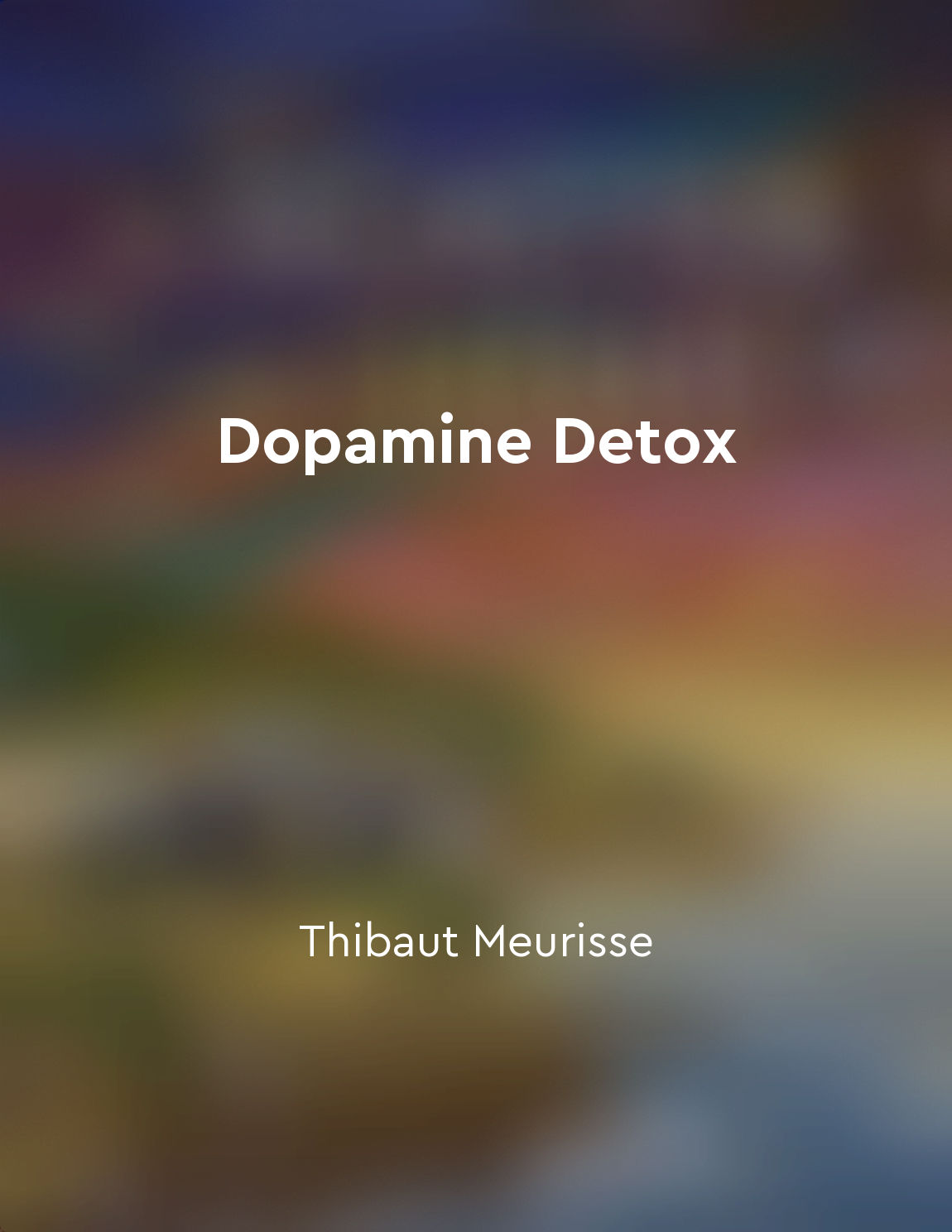Audio available in app
Cognitive behavioral therapy can help with sleep issues from "summary" of The Sleep Solution by W. Chris Winter,M.D.
Cognitive behavioral therapy (CBT) is a powerful tool for addressing sleep issues. CBT works by changing the way you think and behave in relation to sleep. It helps you identify and challenge negative thoughts and beliefs that may be contributing to your sleep problems. By changing these patterns, you can improve your sleep quality and overall well-being. One key component of CBT for sleep is stimulus control therapy. This involves breaking the association between your bed and wakefulness. If you find yourself lying awake in bed for extended periods, stimulus control therapy may help you re-establish a positive connection with your sleep environment. By only using your bed for sleep and sex, you can create a stronger association between being in bed and falling asleep. Another important aspect of CBT for sleep is sleep restriction therapy. This involves limiting the amount of time you spend in bed to match your actual sleep needs. By restricting your time in bed, you can increase your sleep drive and improve the quality of your sleep. Over time, your sleep window can be gradually expanded as your sleep improves. CBT can also help address unhelpful sleep habits and behaviors. By identifying and changing these habits, you can create a more conducive environment for sleep. This may involve addressing factors such as screen time before bed, caffeine consumption, or irregular sleep schedules. By making small changes to your routine, you can improve your sleep hygiene and overall sleep quality.- CBT offers a holistic approach to addressing sleep issues by targeting both thoughts and behaviors. By challenging negative beliefs, establishing healthy sleep habits, and addressing environmental factors, CBT can help you achieve better sleep and improve your overall well-being.
Similar Posts
Sleep deprivation affects our emotional regulation
Losing sleep is not just about feeling tired the next day; it can also impact our emotional well-being in profound ways. When w...
Engaging in mentally stimulating activities can promote neuroplasticity
When we talk about neuroplasticity, we are referring to the brain's ability to adapt and change in response to new experiences ...
CBT is effective in treating various mental health issues
Cognitive-behavioral therapy (CBT) has been shown to be effective in addressing a wide range of mental health issues. This ther...

Reflecting on the day before bed can help calm the mind and prepare for sleep
As we wind down from the day's activities and prepare for sleep, taking a few moments to reflect on the events of the day can h...
Embrace a lifelong journey of growth and selfimprovement
To truly embrace a lifelong journey of growth and self-improvement means committing to a process of continual learning and deve...

Journal about your experiences during the detox to gain insights into your habits
When embarking on a dopamine detox, one of the most powerful tools at your disposal is journaling about your experiences. This ...

Identify negative thought patterns
Negative thought patterns can be insidious, sneaking into our minds without us even realizing it. These patterns can wreak havo...

Stay connected with loved ones for support
Maintaining a strong connection with those we hold dear is vital in combating the challenges of depression and anxiety. At time...
Medication is not always the best solution for brain issues
When faced with brain issues, many people immediately turn to medication as the solution. However, it is important to understan...
Avoiding excess alcohol consumption is important for preserving brain energy
Alcohol is a substance that can have a profound impact on brain function. While moderate alcohol consumption may not pose signi...

